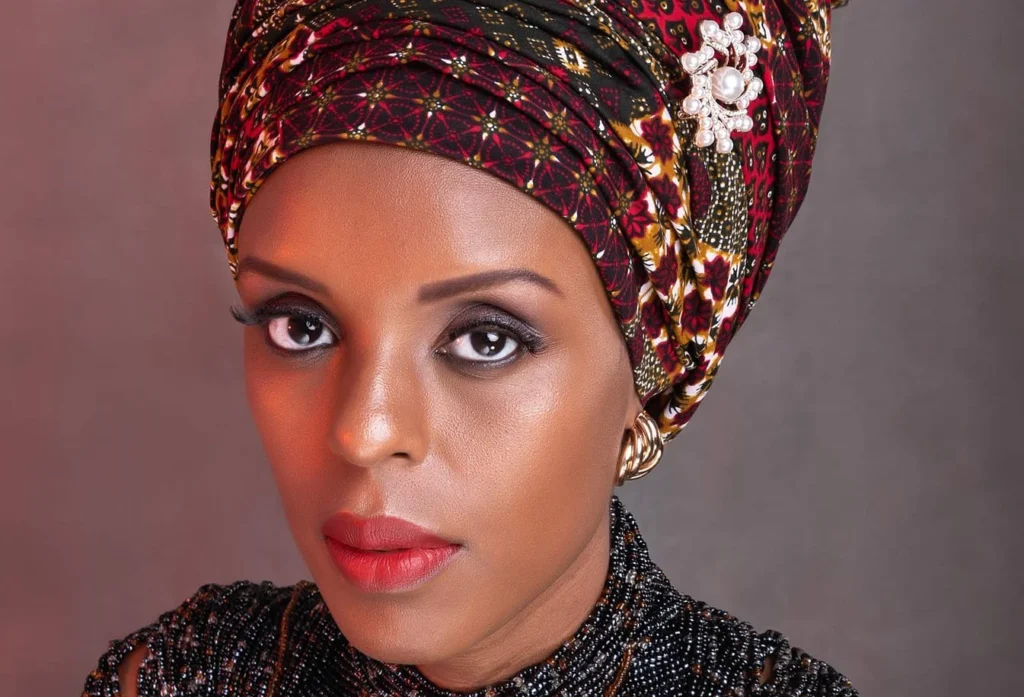June 4, 2025, marked one year since the death of Njambi Koikai, the beloved reggae MC and media personality who inspired a generation through her voice, courage, and advocacy.
Fondly known as Fyah Mumma, Njambi passed away on June 4, 2024, while receiving treatment for endometriosis, a condition she battled for over two decades with exceptional strength. Her passing left a lasting void in Kenya’s entertainment, reggae, and women’s health spaces.
To mark the first anniversary, Njambi’s sister Barbara Koikai shared a moving tribute on Instagram. The post featured a video of Njambi full of life, dressed in a striped linen jumpsuit and a flowing kimono, twirling proudly as her long dreadlocks flowed behind her. The reggae instrumental “Boom” by Paolo Baldini played in the background—a subtle nod to her unwavering love for reggae culture.
“Lioness… forever missed,” Barbara wrote, evoking an outpouring of emotion from fans and admirers.
The clip and its caption sparked hundreds of tributes. Many remembered Njambi for her radiant energy, her fearless voice on radio and TV, and her tireless activism to raise awareness about endometriosis. Others called her a ghetto queen, a reggae icon, and a true daughter of Rastafari.
“Njambi Koikai was more than a presenter—she was a movement,” one user commented.
“A whole community felt her loss, and one year later, it still hurts,” wrote another.
Among those who publicly mourned her was media personality Natalie Githinji, a close friend and fellow endometriosis warrior. Natalie shared how hearing Njambi’s name during a chance moment reopened deep grief.
“I was shopping, and G Money’s mix came on. He gave you a shout-out, and then a guy next to me said, ‘Jahmby Koikai Fyah Mummah’… it hit me like a sword through my chest,” she said.
“You gave me purpose. You showed me what hope looks like. A warrior forever.”
Njambi was more than a public figure. She was a fighter. From her powerful storytelling on radio to her fearless advocacy for better healthcare for women, Njambi’s life was defined by service, strength, and soul. She spoke truth to power, represented the marginalised, and never stopped pushing for dignity in women’s healthcare.
One year on, her memory endures—in her music, her message, and in the lives of countless women who continue to fight the same battle she did, inspired by her example.

